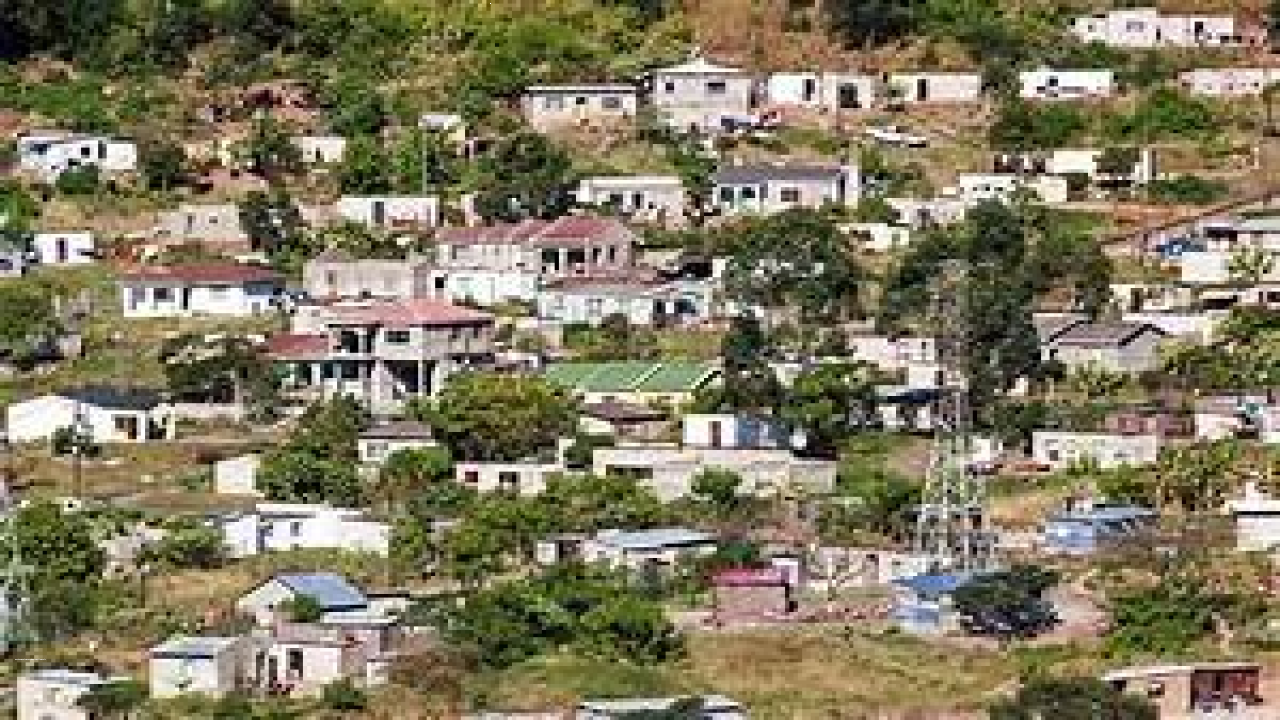Environmental Issues in Rural Settlements
Environmental issues in rural settlements are a growing concern as rural areas are often the site of resource extraction, agriculture, and other activities that can have a significant impact on the environment.
Meaning of Environmental Issues in Rural Settlements
Environmental issues in rural settlements refer to the negative impacts of human activities on the natural environment in rural areas. These impacts can include deforestation, soil erosion, water pollution, and habitat destruction, among others.
History of Environmental Issues in Rural Settlements
The history of environmental issues in rural settlements is closely tied to the development of agriculture and resource extraction. As human populations grew and technology advanced, the impact of these activities on the environment increased, leading to concerns about the sustainability of rural economies and the environment.
Types of Environmental Issues in Rural Settlements
Environmental issues in rural settlements can be classified into several types, including:
- Deforestation: Deforestation occurs when forests are cleared for agriculture, mining, or other activities. Deforestation can lead to soil erosion, loss of biodiversity, and increased greenhouse gas emissions.
- Soil Erosion: Soil erosion occurs when soil is washed or blown away, often due to agricultural practices or construction activities. Soil erosion can lead to reduced soil fertility, increased runoff, and water pollution.
- Water Pollution: Water pollution occurs when pollutants such as pesticides, fertilizers, and sewage enter water bodies, leading to reduced water quality and harm to aquatic life.
- Habitat Destruction: Habitat destruction occurs when natural habitats are destroyed or fragmented, often due to agricultural practices or development. Habitat destruction can lead to the loss of biodiversity and ecosystem services.
Examples of Environmental Issues in Rural Settlements
Here are some examples of environmental issues in rural settlements:
- Deforestation: Deforestation is a significant environmental issue in rural areas of the Amazon rainforest, where large areas of forest are cleared for agriculture and resource extraction.
- Soil Erosion: Soil erosion is a significant environmental issue in rural areas of sub-Saharan Africa, where unsustainable agricultural practices have led to soil degradation and reduced crop yields.
- Water Pollution: Water pollution is a significant environmental issue in rural areas of China, where untreated wastewater from agriculture and industry has led to contamination of rivers and groundwater.
- Habitat Destruction: Habitat destruction is a significant environmental issue in rural areas of Southeast Asia, where forests are cleared for palm oil plantations, leading to the loss of biodiversity and habitat for endangered species such as orangutans.
Issues with Environmental Issues in Rural Settlements
Despite the importance of addressing environmental issues in rural settlements, there are several issues associated with the topic, including:
- Lack of Resources: Rural settlements often lack the resources needed to address environmental issues, such as funding, technical expertise, and infrastructure.
- Limited Awareness: Many people in rural settlements may not be aware of the environmental impacts of their activities or may lack the education needed to address environmental issues.
- Economic Pressures: Rural settlements may face economic pressures that make it difficult to prioritize environmental concerns, such as the need for income from resource extraction or agriculture.
- Conflicting Interests: Different stakeholders in rural settlements may have conflicting interests regarding environmental issues, leading to challenges in addressing these issues.


